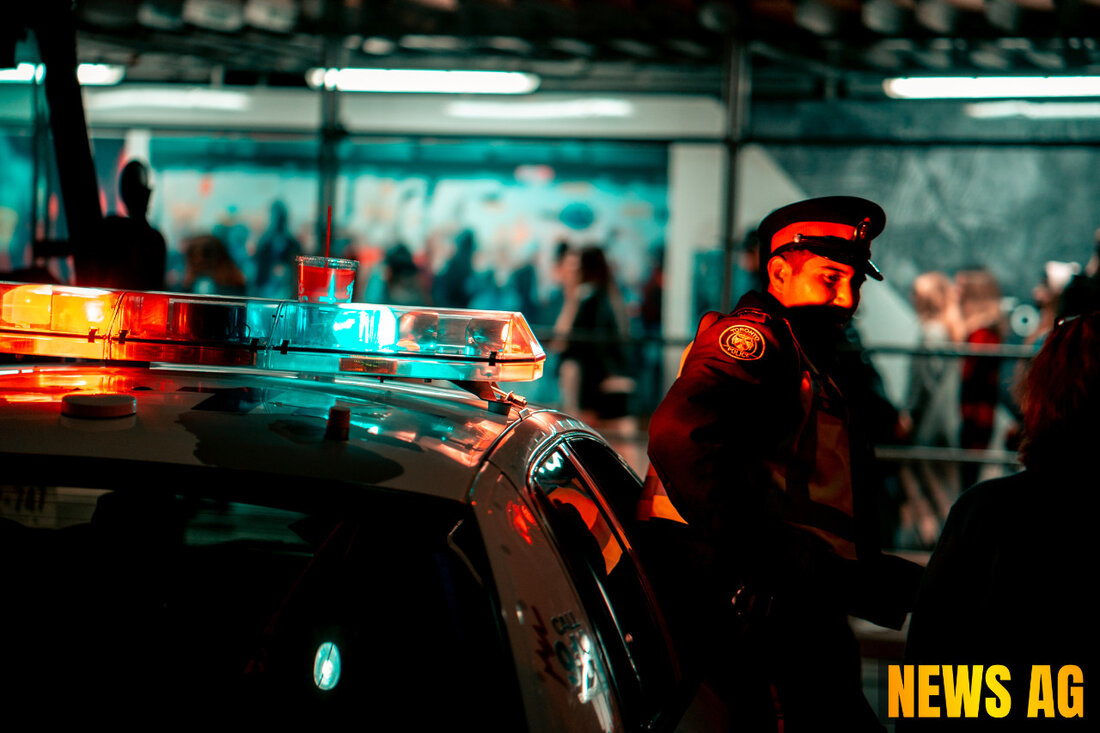Shocking Police Brutality: Black Drivers in Florida Face Racial Profiling
Explore recent events in Miami Springs, including police brutality, traffic stops, and community responses, highlighting systemic issues.

Shocking Police Brutality: Black Drivers in Florida Face Racial Profiling
In recent days, Florida has seen a troubling escalation in incidents involving law enforcement and the Black community, sparking renewed conversations about racial profiling and police brutality. A shocking incident unfolded when a Black college student was punched and dragged from his car during a traffic stop, leaving him with a concussion and a broken tooth that required stitches, as reported by Local 10 News. This alarming occurrence adds to a long list of troubling statistics regarding police interactions with Black drivers in Florida.
Florida police have been under scrutiny for their handling of traffic stops, particularly those involving Black drivers. Data from the Florida Highway Patrol reveals that Black individuals are overrepresented in traffic encounters—22% of all stops involved Black drivers, despite making up only 16.9% of the state’s population, highlights African Elements. This substantial difference raises serious questions about systemic racial bias within law enforcement practices.
Excessive Force and Historical Context
The use of excessive force during routine stops is far too common according to community testimonials and ACLU data. For instance, in May 2025, an officer pointed a gun at two unarmed Black teens for a minor violation—honking their horn—before utilizing a Taser on one of the teens. Moreover, a disturbing pattern has emerged where minor traffic violations are used as pretexts for investigating unrelated criminal activity, a practice criticized nationally as a breeding ground for racial profiling.
In recent years, the experiences of individuals like Ebony Washington—a pregnant Black woman who was threatened with a firearm during a speeding stop—paint a grim picture of what many Black Floridians endure at the hands of law enforcement. The recognition of these systemic issues is vital as ongoing legal battles seek to hold police departments accountable and push for much-needed reforms.
Legal Challenges and Community Impact
The ramifications of these practices extend beyond immediate encounters. In Florida, Black residents are reported to be four times more likely to be shot by police during traffic stops compared to their white counterparts. Legal efforts, like the proposed “Reform, Accountability, and Transparency Act,” faced strong criticism for inadequately addressing systemic racism, leaving many in the community feeling that their voices are unheard.
Many argue that racial disparities are exacerbated by existing laws that allow for temporary detainment based on vague “reasonable suspicion.” This legal framework can facilitate racial profiling, reinforcing mistrust between the community and law enforcement. Such dynamics are further questioned as only 12% of reviewed body camera incidents led to disciplinary actions against officers, underscoring a culture of accountability that remains unfulfilled.
Conclusions and Future Steps
The recent incidents, including the harrowing experience of the Black college student and ongoing conversations about racial profiling, reflect a community grappling with painful truths. There’s something to be said for the demand for transparency and reform in policing practices, and the community’s resilience is commendable in the face of longstanding issues. As Florida continues to confront these challenges, it remains essential for dialogue and action to pave the way toward a more just and equitable future for all its residents.

 Suche
Suche
 Mein Konto
Mein Konto